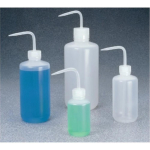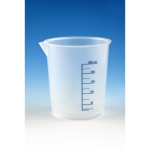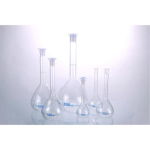Application
Anti-N-Cadherin antibody is suitable for the following procedures:electron microscopyflow cytometryimmunocytochemistryimmunohistochemistry at a concentration of 10-20?g/mL using rat cardiac muscle frozen sectionswestern blot at a concentration of 10-20?g/mL using chicken cardiac muscle or COS-7 cell extracts
Biochem/physiol Actions
Higher expression of CDH2 gene was observed in tumor cells. It is known to induce the invasive and chemoresistant attributes to the cancer cells. N-glycosylation of N-cadherin is associated with the process of tumorigenesis especially in mammary gland, renal system, and ovary. Loss of expression of the gene was observed in adrenocortical carcinoma.
CDH11 gene encodes a type II classical cadherin that mediate calcium-dependent cell-cell adhesion.
Disclaimer
Unless otherwise stated in our catalog or other company documentation accompanying the product(s), our products are intended for research use only and are not to be used for any other purpose, which includes but is not limited to, unauthorized commercial uses, in vitro diagnostic uses, ex vivo or in vivo therapeutic uses or any type of consumption or application to humans or animals.
General description
N-Cadherin is a member of the cadherin family of proteins that mediate cell-cell adhesion in a calcium dependent manner. N-cadherin is a transmembrane glycoprotein that localizes in the cell-cell adherens junction on the plasma membrane. The protein is known to be localized in the cell membrane.
Other Notes
Clone GC-4 is also known as GB-9.
Packaging
200 µL in glass bottle
Physical form
0.2?µm-filtered solution in 0.01 M phosphate buffered saline, pH 7.4.







